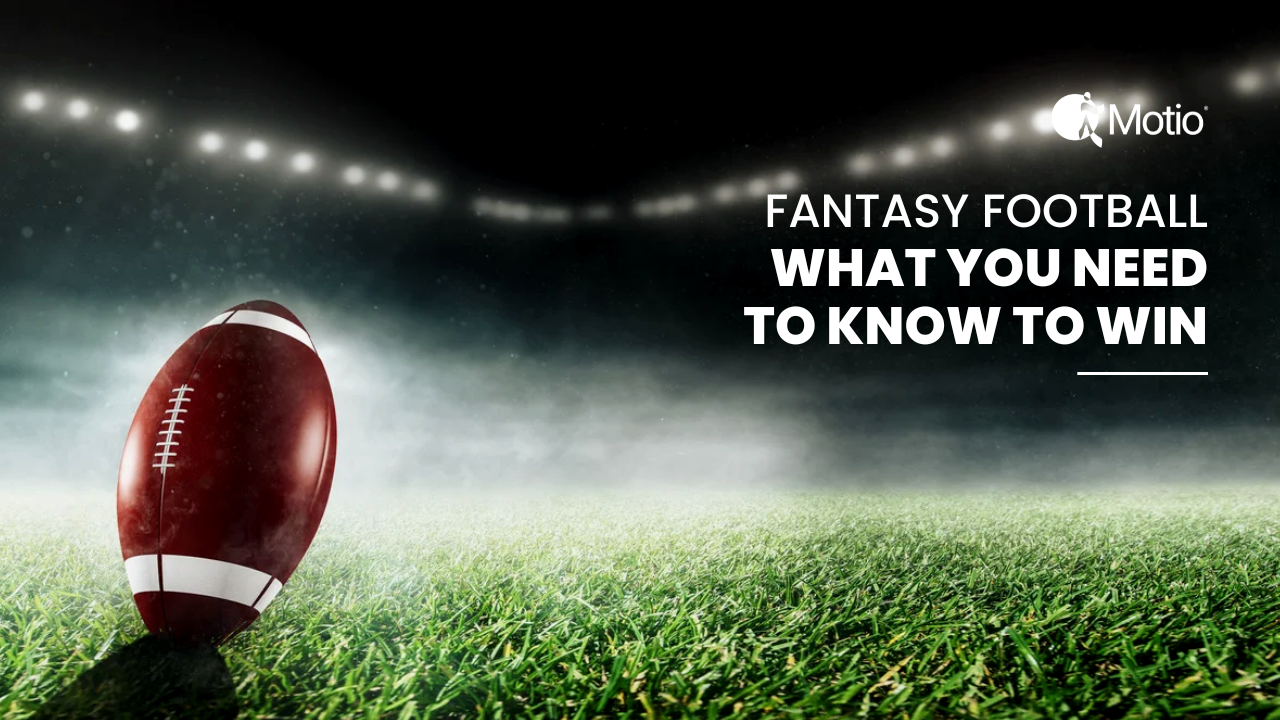Buffalo Bills’ Quarterback Josh Allen scored a personal record against the Los Angeles 49ers in NFL week 13. He became the first player to score 3 TDs running and 3 TDs passing in the same game. A good game IRL usually means a good game for fantasy. This was no exception treating the Fantasy Football team managers who held Allen to a best ever QB performance. He bested the 14-year old previous record of Michael Vick. Ironically, to help his cause, Allen was credited with both a TD pass and TD reception on the same play. The footnote to Allen’s breakout performance is that the Bills lost.
We’re deep into the season and Allen’s performance should be no surprise. Allen was ranked #1 QB at the start of the season and #1 for 3 of the past 4 seasons. 2020:#1, 2021:#1, 2022:#2, 2023:#1. He was naturally at the top of everyone’s dance card for this season’s Fantasy Football draft. At this point in the season, though, you’ve either made the playoffs, or your season is over.
File these tidbits away for next year. A good team starts with the draft. (Look for an upcoming article on draft strategy.) During the regular season, there is some strategy. It’s basic economics. And, luck.
The relationship between luck and skill for Fantasy Football success compared to other activities.
The Economics of Fantasy Football
The dictionary definition of economics is a social science concerned chiefly with description and analysis of the production, distribution, and consumption of goods and services. The closed system you’re working in consists of a league, teams, players, and managers. The players have value based on their perceived future point production. So, like predicting stock market winners, or playing poker to win, it’s about making decisions with less than perfect information.
A fantasy football league is like a miniature economy. Each player has a perceived value. A team might have a surplus of one resource (e.g. running backs) and a scarcity of another type of resource (e.g. wide receivers). Much like economic trading partners, teams can sometimes help one another by trading resources.
Business Insider describes how to play Fantasy Football.
There are three principles of Fantasy Football that will keep you competitive from season to season. If you apply these principles from week 1 you improve your odds of making it to the playoffs. Winners will apply each of these every week. Consistency is key.
- Make sure you field a full team. This is a rookie mistake, but easy to make.
- Make sure none of your players have bye weeks coming up. Look a few weeks out.
- Make sure everybody’s healthy. Check the injured list.
- Know your competition. See if bye weeks or injuries affect any other teams in your league. This is your homework every week. Pay particular attention to the team or two just ahead of you in the standings. If you see a weakness before they do, jump on it. Handcuff them. If you see that an opponent has not planned for a bye week or you read about a player who’s been scratched or even iffy, pick up that player’s replacement from the waiver wire. Even if you don’t need him. You’re playing defense.
- Make strategic trades. You could also handcuff your opponent by trading with other teams to pick up a much-needed backup from another team. If you find yourself behind mid-season, you may need to take some risks. Your Hail Mary may include trading a couple players for the one you need. Late in the season, consider taking a chance. Trade for that rookie who hasn’t had his day yet. Check out the matchups coming up and trade for the RB or WR that would allow you to field an A+ team. You’re sacrificing depth for quality.
The thing is, if you rely on these fundamentals from week 1, you may not need that Hail Mary.
The Fundamentals of Fantasy Football
Winning Fantasy Football is about the fundamentals. It’s about applying what you learned in Econ 101. Winning starts even before the start of the season. Preparing for the draft. Then, as the season starts, planning and playing consistently, avoiding the pitfalls and the risky get-rich-quick schemes. How hard could that be?
Fantasy football really isn’t that complicated. Just pick a QB, 2 RBs, 3 WRs, a TE, a Flex (RB, WR, or TE), and a defense. You’ve got a $50k salary cap to work with, so just mix and match the highest-scoring players that fit those constraints! 😜 @IChoseRich
Obviously, this is over-simplified. Your actual roster will have another 7 slots. So, typically, a team will consist of 16 players: 9 starters and 7 on the bench. Your job, as manager, is to field the team that will yield the most points on game day.
Ignore the fact that the data is 10 years old, focus on the fact that Fantasy Football is a perfect application of PowerBI
The Analytics of Fantasy Football
Economics and analytics both require data. Do your research. The winners will obsess over data. The winning strategy:
- Data. This shouldn’t be hard. There are tons of sources on the internet that want to give you sports data. Raw data you can often get for free. You’ll pay for premium rankings, forecasts, and analysis. You’ll pay for time-savers and expert commentaries. Remember, though, all of your competitors are likely getting the same information. Do your own research. Watch Vegas lines. If you’re serious, consider using your analytic skills from your day job to scrape data from CBS, ESPN, FantasyPros, FantasySharks, FFToday, NumberFire, FantasyFootballNerd, NFL, RTSports, Walterfootball.
- Decisions. This is not much different than picking winners and losers in the stock market. The hard part is keeping your emotions in check. Creating an algorithm to trade and play, just to make a decision based on your gut is no way to test your system. Be careful with your predictions. The shelf life of a quality NFL player is relatively short. Say, 3 – 5 years, depending on the position. There are Brady exceptions.
- Pro tip: it’s all about usage. Time on the field. Predict who will play. Predict who will get the calls. You’re more than halfway there.
- Daydreams. This is essentially still research. Watch the games. Highlights. Listen to a fantasy podcast. You’ll learn more about the factors affecting game-day performance: matchups, weather, emotional rivalries, and personal lives. Live it. You’ll fall asleep thinking about your starting lineup and your next trade.
Keep in mind, playing Fantasy Football is a little like visiting a nudist resort. In the office league, everyone is equal, or has a chance of winning. Those who understand economics and apply analytics have a better chance of success.
The Fantasy
Where else but fantasy football can you manage a losing team and not get sacked? If you play – like 60 million other Americans – no matter how poorly your team did, there’s always next year. If you made the playoffs, consider it a win. If you didn’t, consider it a rebuilding year. Realize that it’s not all you: 40% is luck. The rest is you.


